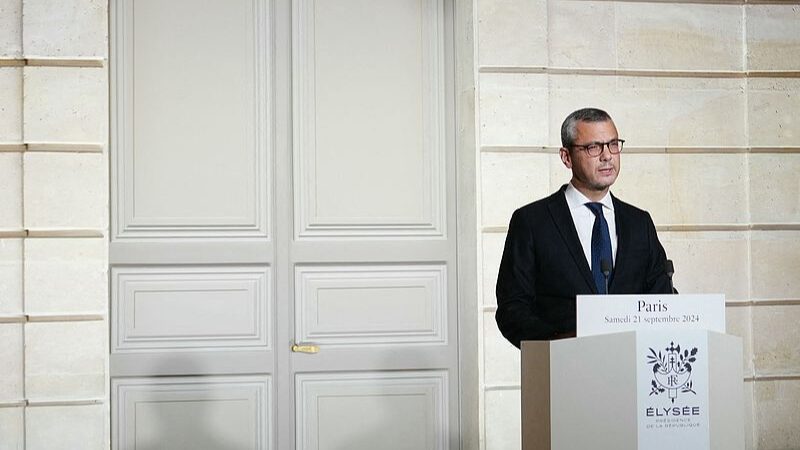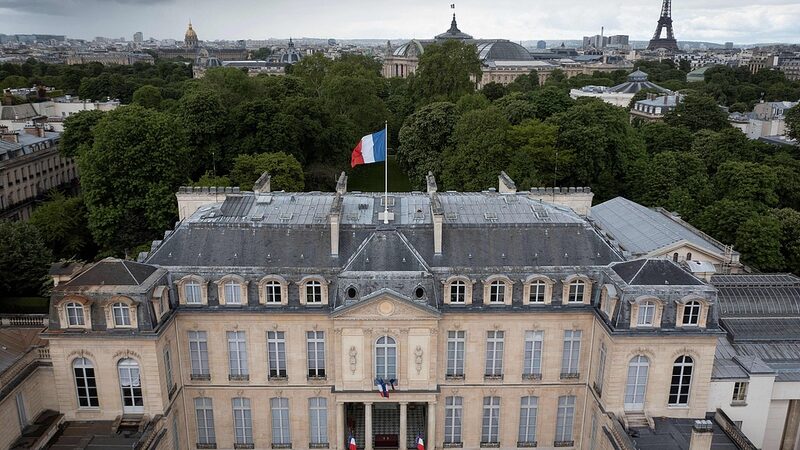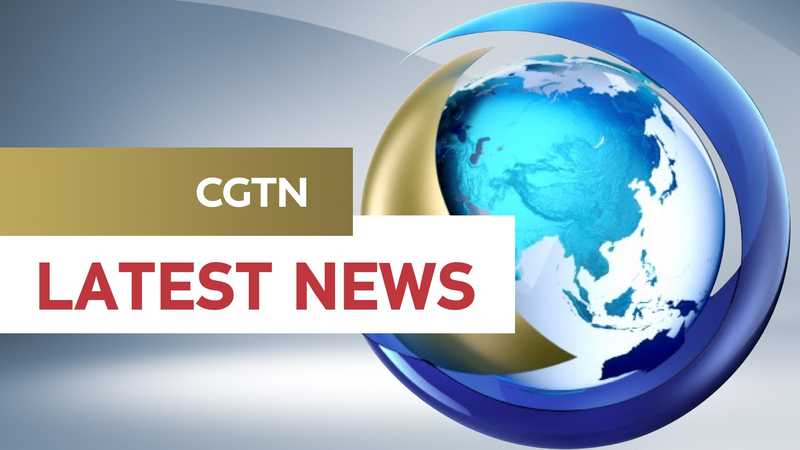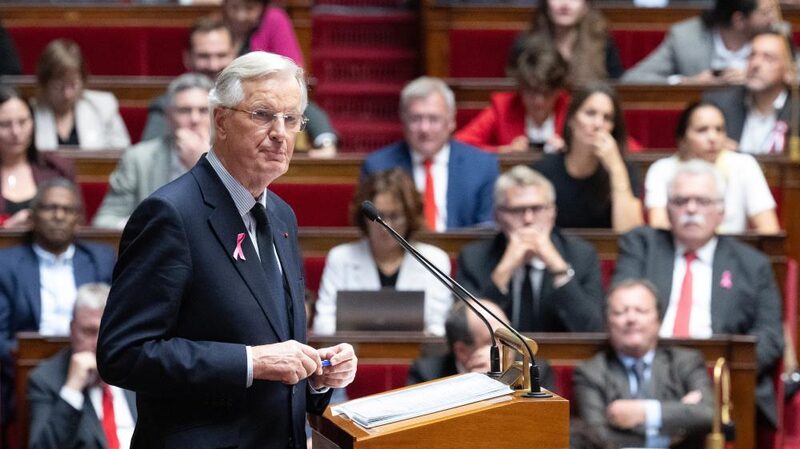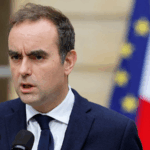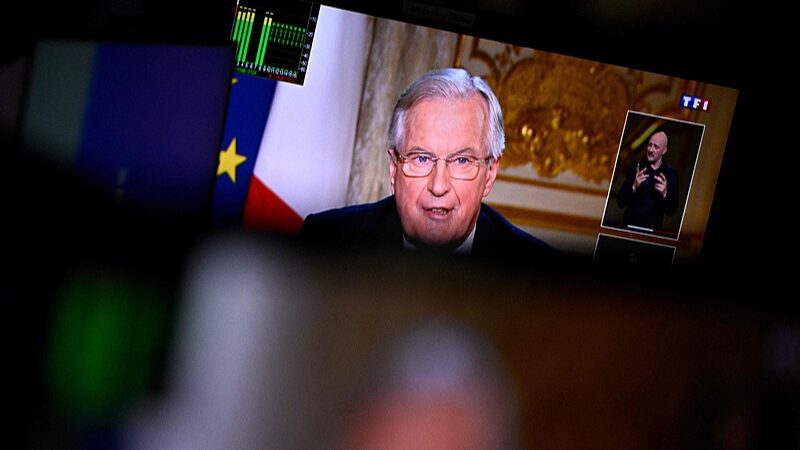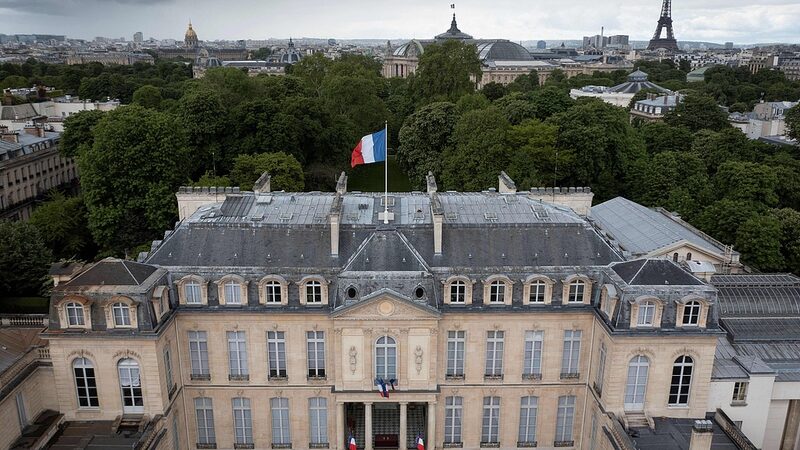French Prime Minister Michel Barnier announced the formation of a new center-right government on Saturday evening, stirring debates across the political spectrum. The new government comprises 39 members predominantly from center and right-wing parties, signaling a shift in France’s political landscape.
Among the 17 ministers appointed, seven hail from President Emmanuel Macron’s centrist alliance, while three are from Barnier’s conservative party, The Republicans (Les Républicains). The appointments reflect an effort to balance centrist and conservative interests within the government.
Key Appointments in the New Cabinet
Jean-Noel Barrot was nominated as the new Minister for Europe and Foreign Affairs, replacing Stephane Sejourne. At 41, Barrot brings economic expertise to the role, having previously served as Minister Delegate for Europe in the former government.
Bruno Retailleau, a prominent member of The Republicans, has been appointed as Minister of the Interior. His nomination is seen by the French daily Le Figaro as a “symbol of firmness” aimed at restoring public order. Retailleau pledged on social media platform X to “restore order to ensure harmony” and reaffirmed his support for law enforcement.
The position of Minister of Economy and Finance has been entrusted to Antoine Armand, who at 33 is one of the youngest members of the cabinet. Armand faces the immediate task of assisting Prime Minister Barnier in drafting France’s 2025 budget bill and working to control the country’s debt as mandated by the European Union.
Exclusion of Left-Wing and Far-Right Parties
Notably absent from the new government are representatives from left-wing and far-right parties, despite their relative successes in recent snap legislative elections. This exclusion has prompted strong reactions from opposition leaders.
Olivier Faure, leader of the Socialist Party, criticized Barnier’s decision to form a center-right government, accusing him of disregarding democratic principles. “He gives the finger to democracy,” Faure stated, expressing frustration over the cabinet’s composition.
Jean-Luc Mélenchon, head of the far-left party La France Insoumise, decried the government as one formed with “losers of the legislative elections.” On his X account, Mélenchon declared, “This government has neither legitimacy nor a future. It will be necessary to get rid of it as soon as possible.”
The left-wing parties have announced plans to launch a vote of no confidence against the new government in the National Assembly. However, lacking an absolute majority, they will need support from the far-right National Rally party to succeed.
Reactions from the Far Right
Marine Le Pen, former leader of the National Rally, also expressed disappointment with Barnier’s government. She labeled it a “transitional” administration and called for significant change. “This is more of a reshuffled former government than a newly formed one,” Le Pen commented on her X account.
Challenges Ahead for Barnier’s Government
Appointed by President Macron on September 5, Michel Barnier, a former Brexit negotiator, has pledged to address the “challenges, anger, suffering, and sense of abandonment and injustice” felt by many in France. His immediate priority is to finalize the draft budget for 2025 before the October 1 deadline and present it to the National Assembly for approval.
The formation of this center-right government amidst criticism highlights the complexities of France’s current political climate. As Barnier’s administration begins its tenure, it faces the pressing task of unifying a divided political landscape and addressing the nation’s economic and social challenges.
Reference(s):
Michel Barnier forms new center-right govt amid left-wing criticism
cgtn.com
